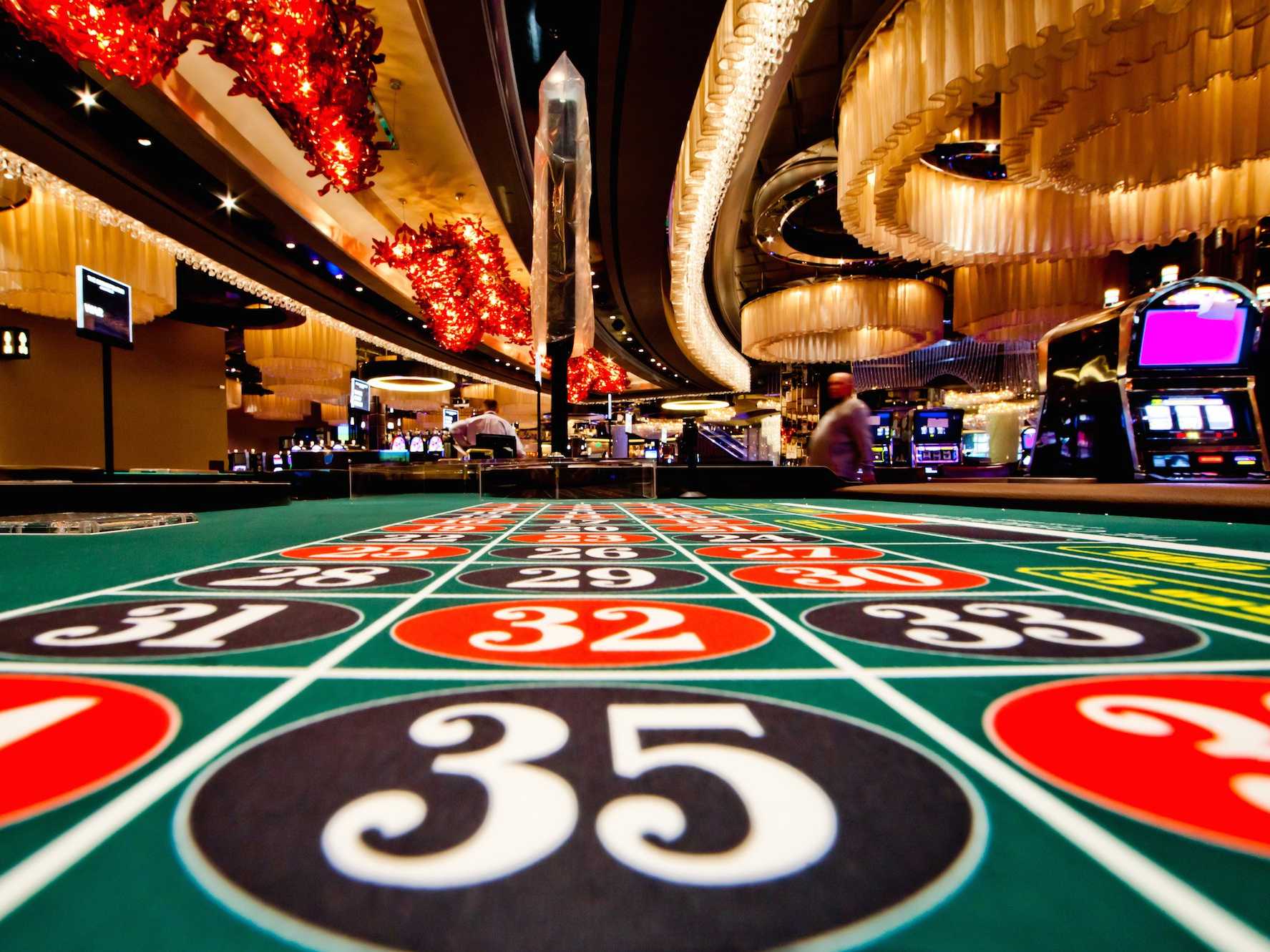Casino Games and Their Influence in Pop Culture

Casino games have long captured the fascination of humans around the planet, becoming an integral part of both fun and tradition. From the sparkling lights of Las Vegas to the captivating experience of internet gambling, these activities evoke thrill, danger, and sometimes even a sense of sentimentality. They are not just just entertainments; they have woven themselves into the fabric of human experience, influencing various aspects from film and music to style and books.
The charm of casino games transcends the gambling aspect, tapping into larger themes of fortune, risk, and social interaction. As players assemble around a card table or rotate the roulette wheel, they engage in an timeless ritual that echoes with our communal desire for thrill and unpredictability. This captivation has led to the growth of numerous references in cinema, tracks, and video games, showcasing how deeply entrenched these activities are in pop culture. Whether it is the high-stakes tension of a classic robbery film or the colorful nightlife portrayed in music videos, casino games have carved out a substantial role that reflects our bond with risk.
Historical Impact of Casino Activities
Casino activities have played a key role in social contexts throughout history. Stemming from ancient civilizations, forms of chance were often connected to rituals or gatherings. For example, early iterations of gambling can be linked back to ancient China and the Romans, where dice games and wagering on outcomes were popular pastimes. These games not only served as entertainment but also as methods of social interaction, facilitating relationships among people within communities.
As cultures evolved, so did the sophistication and organization of casino games. The creation of official casinos in the 17th century, particularly in Italy, marked a notable shift in how games were viewed and structured. hakim4d login With specific spaces for gaming, the casino became a community center where people from different backgrounds gathered. This change contributed to the legitimization of the industry, transforming it from a mere pastime into an organized industry that influenced economy and regulations.
The impact of casino activities on mainstream culture cannot be overlooked. As they were popularized in books and movies, games such as poker and blackjack became symbols of chance, chance, and strategy. Iconic figures and narratives have developed around these activities, illustrating societal views towards fortune, wealth, and immorality. This fascination with gambling games has permeated various forms of entertainment, cementing their status in the collective consciousness and linking them to wider cultural stories throughout history.
Representation of Gambling Activities in Entertainment
Casino games have long been a popular topic in different types of entertainment, reflecting both the excitement and nuances of gambling culture. Films such as Ocean’s 11 and Casino Royal portray figures who navigate dangerous scenarios, showcasing not only the allure of the casino atmosphere but also the methods and choices that come with playing popular games like Texas Hold’em and 21. These films often dramatize the excitement of winning and the potential consequences of losing, encapsulating the perils involved in betting.
TV programs have also explored the world of casino games, often integrating them into the narrative as a setting for character arcs and tension. Shows like Vegas depict the lives of casino workers and customers, highlighting the dynamic, often disorderly energy of the gaming floor. Reality shows featuring high-stakes gambling competitions further emphasize the attraction of gambling activities, drawing viewers into the excitement and tactics involved in each session. Through these representations, media not only entertains but also sparks conversations about fortune, expertise, and the essence of chance.
Gaming have increasingly incorporated casino games into their design, allowing players to simulate the feeling of betting without monetary loss. Titles within the domain of digital gaming often include online slot machines, poker, and other casino favorites, creating an immersive gameplay that mirrors actual casino experiences. These virtual portrayals make casino games accessible to a global audience, appealing to both gamblers and those who enjoy the thrill of simulation. As a result, the representation of gambling activities in entertainment continues to shape cultural attitudes and importance, highlighting their role in entertainment and social context.
Impact of Gambling Activities on Society
Casino games have a significant effect on communities, influencing various aspects of culture and social behavior. They often serve as a venue for social interaction, where people come together to experience a common experience. Casino trips with friends or trips to casinos become group events that build connections and create memories. This communal aspect enhances the entertainment value of casino games, making them a favored choice for festivities and leisure activities.
Moreover, casino games have been portrayed in numerous movies, TV series, and written works, influencing perceptions and opinions towards gaming and betting. Icons like James Bond competing in baccarat or the intense poker scenes in films have cemented these games in the shared imagination. This representation often idealizes the culture associated with gambling, drawing in new players and influencing trends in both fashion and behavior. These representations can ignite curiosity and lead to a deeper investigation of the nuances of gambling.
Nonetheless, there are also negative implications linked to the popularity of casino games. The allure of quick monetary gain can lead to gambling addiction and economic troubles for some people. Society must contend with these consequences, advocating for responsible gaming and education of the dangers involved. Balancing the entertainment value of gambling activities with the risks is crucial to ensure that they continue to be a positive aspect of our cultural landscape.
